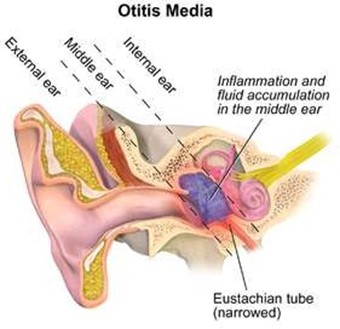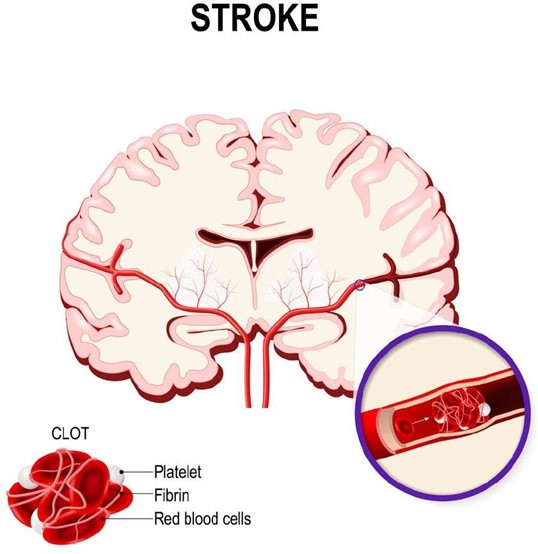A nurse is assessing a school-age child's cranial nerve function.
Which of the following actions should the nurse ask the child to take when assessing the accessory nerve?
Follow a light in the six cardinal positions.
Move their tongue in all directions.
Show their teeth while smiling.
Shrug their shoulders against mild pressure.
The Correct Answer is D
The accessory nerve is tested by evaluating the function of the trapezius and sternocleidomastoid muscles.
The trapezius muscle is tested by asking the patient to shrug their shoulders with and without resistance.
Choice A is wrong because following a light in the six cardinal positions tests the function of cranial nerves III, IV, and VI.
Choice B is wrong because moving their tongue in all directions tests the function of cranial nerve XII.
Choice C is wrong because showing their teeth while smiling tests the function of cranial nerve VII.
Nursing Test Bank
Naxlex Comprehensive Predictor Exams
Related Questions
Correct Answer is ["B","C","D"]
Explanation
An infant with acute otitis media may exhibit crying, restlessness and fever.

Choice A is wrong because an infant with acute otitis media may have a decreased appetite.
Choice E is not the best answer because an enlarged subclavicular lymph node is not a common finding in acute otitis media.
Correct Answer is A
Explanation
An adolescent who has sickle cell anemia and slurred speech should be assessed first.
Slurred speech can be a sign of a stroke, which is a known complication of sickle cell anemia.

This requires immediate medical attention.
Choice B is wrong because while pain management is important, it is not as urgent as a potential stroke.
Choice C is wrong because while administering medication is important, it is not as urgent as a potential stroke.
Choice D is wrong because while wound care is important, it is not as urgent as a potential stroke.
Whether you are a student looking to ace your exams or a practicing nurse seeking to enhance your expertise , our nursing education contents will empower you with the confidence and competence to make a difference in the lives of patients and become a respected leader in the healthcare field.
Visit Naxlex, invest in your future and unlock endless possibilities with our unparalleled nursing education contents today
Report Wrong Answer on the Current Question
Do you disagree with the answer? If yes, what is your expected answer? Explain.
Kindly be descriptive with the issue you are facing.
